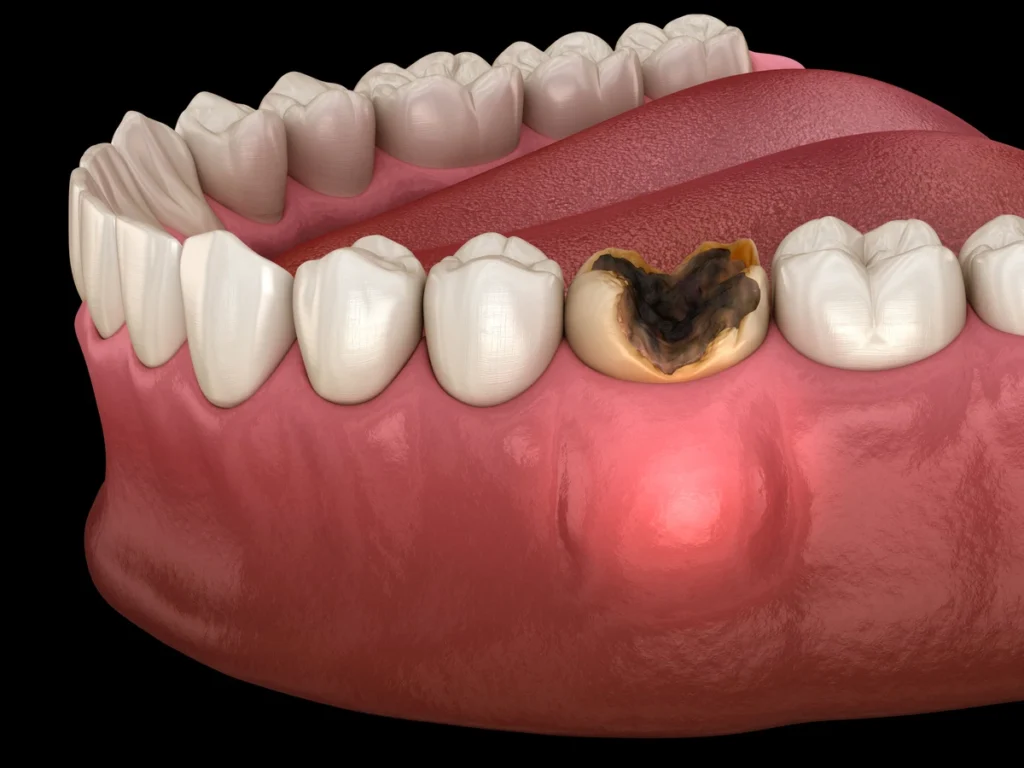
How Does It Compare to Chipped Tooth Filling?
When faced with a chipped tooth, one of the primary concerns is finding the most effective solution to restore both functionality and aesthetics. In the realm of dental restoration, two common options emerge: dental implants and chipped tooth fillings. While both aim to address dental imperfections, they differ significantly in their approach and long-term benefits. So, which option reigns supreme in the quest for optimal dental restoration?
Longevity: Are Dental Implants Worth the Investment?
Dental implants boast an impressive advantage in terms of longevity. Unlike chipped tooth fillings, which may require periodic replacement, Dental Implant Procedure offer a permanent solution. By securely anchoring a prosthetic tooth to the jawbone, implants mimic the natural structure of a tooth, providing unparalleled stability and durability. This means that once in place, dental implants can last a lifetime with proper care, making them a worthwhile investment for those seeking a lasting solution to tooth restoration.
Aesthetics: Achieving Natural-Looking Results
When it comes to restoring the appearance of a chipped tooth, aesthetics play a crucial role in determining the success of the procedure. Dental implants excel in this aspect, as they are designed to closely resemble natural teeth in both form and function. With implants, patients can enjoy a seamless smile that blends seamlessly with their existing dentition, enhancing both confidence and self-esteem. In contrast, chipped tooth filling may be more noticeable, especially if located in prominent areas of the mouth, potentially impacting the overall aesthetic appeal.
Preservation of Jawbone Health: The Hidden Benefits of Implants
One often overlooked advantage of dental implants lies in their ability to preserve jawbone health. When a tooth is lost or extracted, the underlying jawbone can gradually deteriorate over time due to lack of stimulation. Dental implants address this issue by stimulating the surrounding bone tissue, helping to maintain its strength and density. In contrast, chipped tooth fillings do not provide the same level of support to the jawbone, potentially leading to bone loss in the long term.
Functional Benefits: Restoring Bite Strength and Chewing Efficiency
Beyond aesthetics, dental restoration should also prioritize functional benefits such as bite strength and chewing efficiency. Dental implants excel in this regard, offering a level of stability and chewing capability that closely mirrors natural teeth. With implants, patients can enjoy a varied diet without worrying about discomfort or limitations in chewing ability. Chipped tooth fillings, while effective in restoring basic functionality, may not provide the same level of stability, especially for larger restorations or those located in high-pressure areas of the mouth.
Adjacent Tooth Preservation: Minimizing Impact on Surrounding Teeth
In the realm of dental restoration, preserving the integrity of adjacent teeth is paramount to long-term oral health. Dental implants offer a distinct advantage in this aspect, as they do not rely on neighboring teeth for support. Instead, implants are independently anchored to the jawbone, minimizing the risk of additional stress or damage to surrounding teeth. In contrast, chipped tooth fillings may require the removal of healthy tooth structure for placement, potentially weakening adjacent teeth and increasing the likelihood of future dental issues.
In conclusion, while both dental implants and chipped tooth fillings offer solutions for restoring a chipped tooth, the advantages of dental implants are clear. With their longevity, natural aesthetics, preservation of jawbone health, functional benefits, and minimal impact on surrounding teeth, implants emerge as the superior choice for those seeking a long-term solution to dental restoration. So, when faced with the question of how to address a chipped tooth, consider the unparalleled benefits offered by dental implants for a smile that lasts a lifetime.
Leave Your Comment